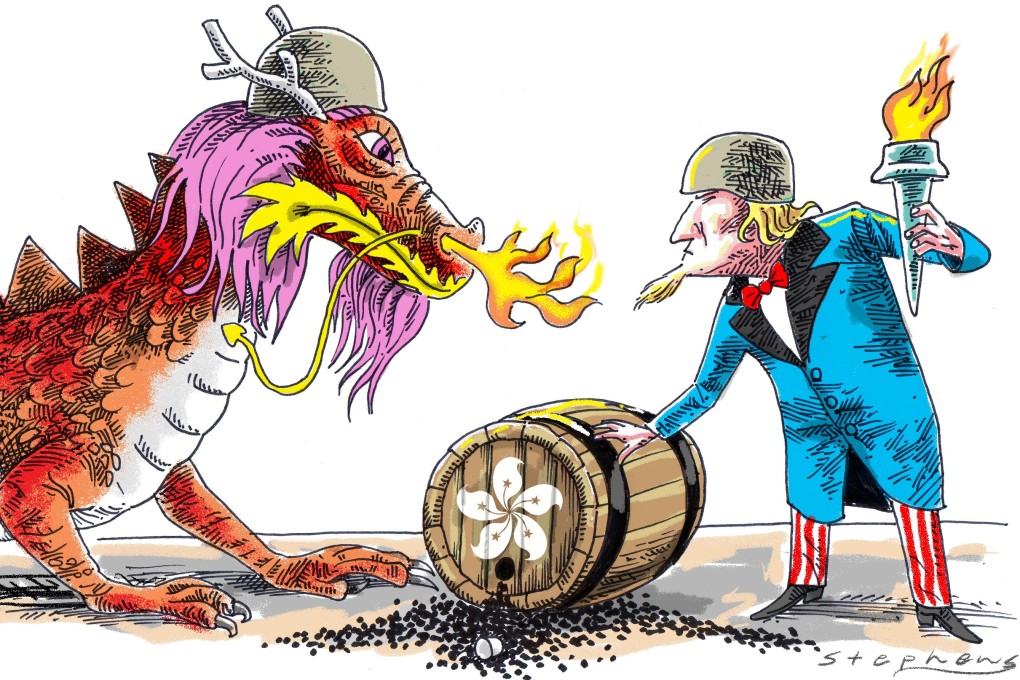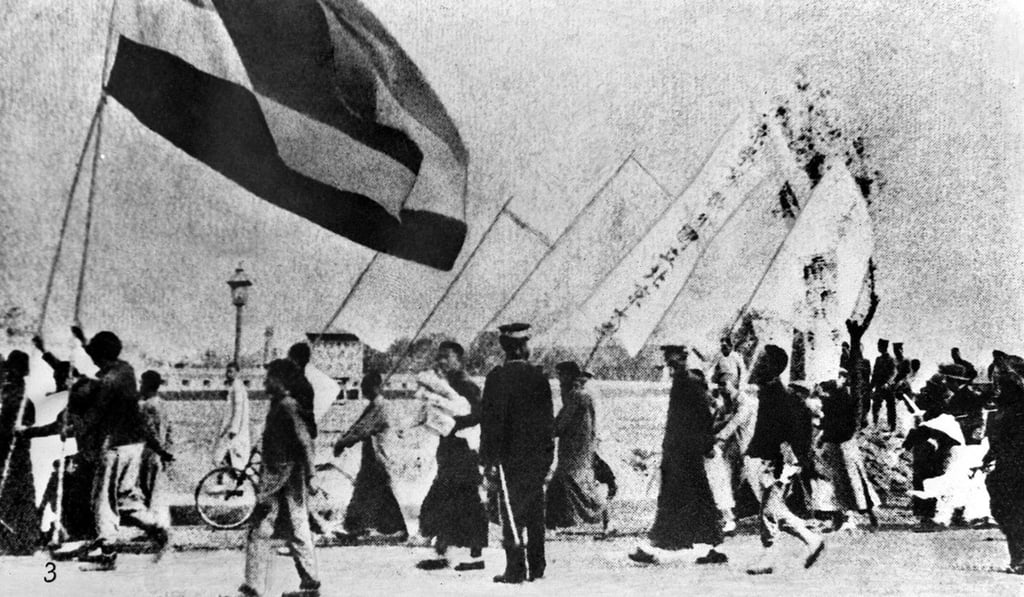China and the US should be wary of the historical parallels with 1914
- A catalyst setting a rising power and its allies against an entrenched power in a bloody conflict where no one wins? It happened last century in Europe, and could again if Beijing cracks down hard on Hong Kong

The year 2019 is meaningful for China and the world in so many ways. It marks the 70th anniversary of the founding of the People’s Republic of China and the 30th anniversary of the Tiananmen uprising.
It is momentous for another, less celebrated, reason: the centennial of the signing of the Treaty of Versailles, formally ending World War I. At the Paris Peace Conference, China demanded the return of Shandong peninsula, which had been surrendered by Germany to Japan. Rejection of China’s demand brought forth the May Fourth Movement, allowing Marxist ideas to take hold.
Japan saw its proposal for a racial equality clause in the treaty stymied, leading to its disillusionment with the international system of the day and rapid militarisation, ultimately causing millions to perish. Germany, of course, regarded the treaty and its prohibitive terms as abject national humiliation.

World War I started as a result of Bosnian Serb nationalist Gavrilo Princip’s assassination of archduke Franz Ferdinand, heir to the throne of the Austro-Hungarian empire, in Sarajevo in 1914, interlocking alliances among European powers, and inept governments who thought any war would be brief and decisive.
